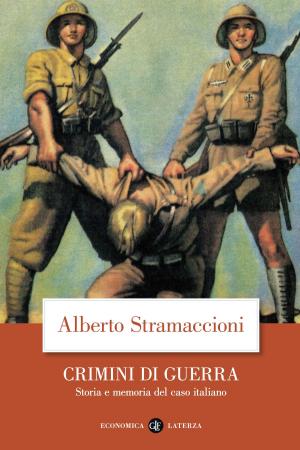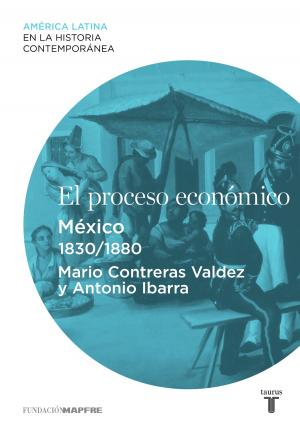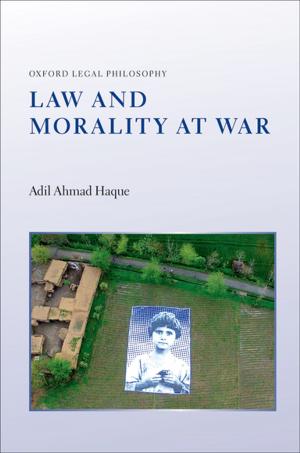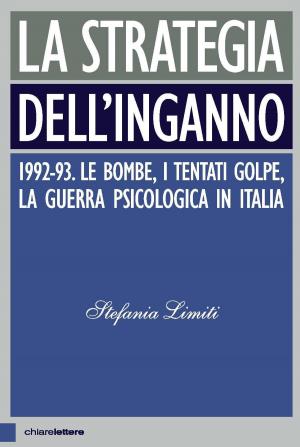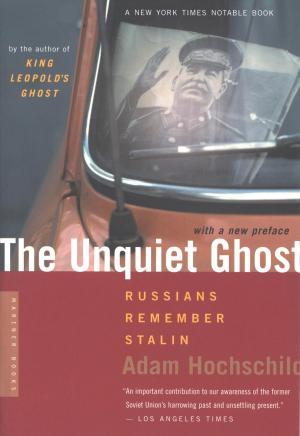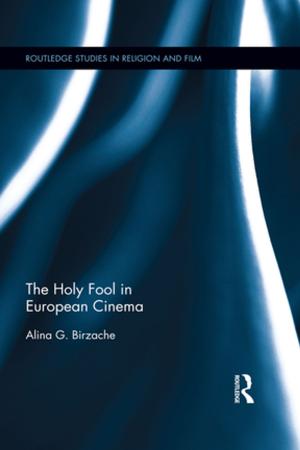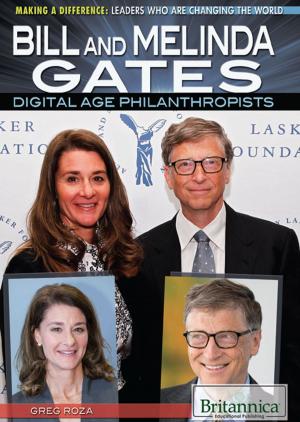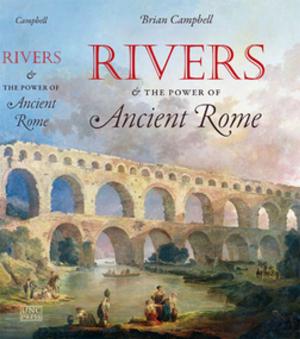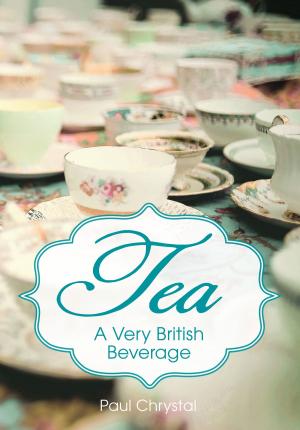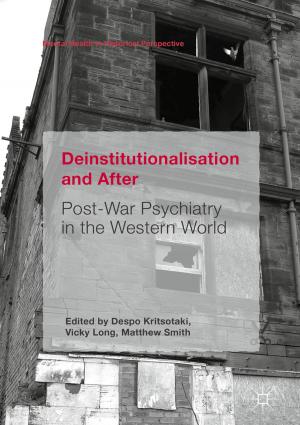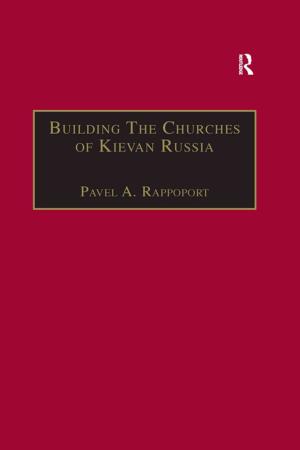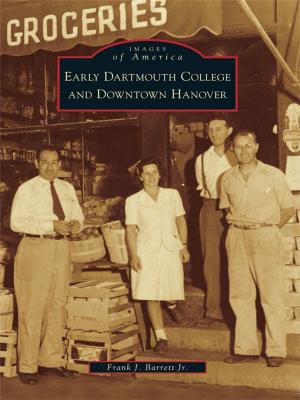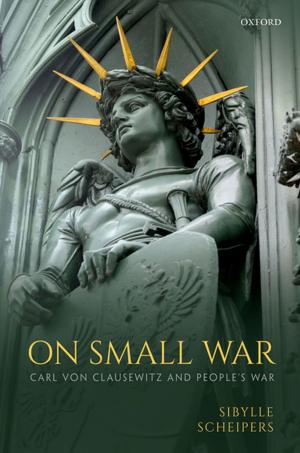| Author: | Nicholas Ennos | ISBN: | 9780957687011 |
| Publisher: | Senesino Books Limited | Publication: | November 23, 2017 |
| Imprint: | Senesino Books Limited | Language: | English |
| Author: | Nicholas Ennos |
| ISBN: | 9780957687011 |
| Publisher: | Senesino Books Limited |
| Publication: | November 23, 2017 |
| Imprint: | Senesino Books Limited |
| Language: | English |
Was the author of Pride and Prejudice really a poor, uneducated woman with no experience of sex or marriage? A woman who spent most of her life in rural seclusion, never meeting any other authors or literary figures, and whose only formal education was two years at a basic primary school? This is what biographers of Jane Austen expect us to believe, and what Nicholas Ennos refutes in this exposé, Jane Austen: A New Revelation. How could Jane Austen have written these novels, he asks, that have been considered by discriminating critics as some of the finest in the English language? Nicholas Ennos shows how the novels reveal the real author to have been a woman who moved in the highest circles of London society, was educated in Latin and Greek and who spoke fluent French. It reveals the author to be not a retiring spinster, but Jane Austen’s cousin and sister-in-law, Eliza de Feuillide, a married lady of the highest intellect whose ten-year course of education was supervised by her famous father, a man at the very centre of the intellectual life of London. The book traces Eliza’s exciting life, from her birth in Calcutta, India, to the court of Marie Antoinette, the execution of her first husband in the French Revolution and her connections to the leading literary figures of England and Germany. Jane Austen: A New Revelation reveals many new facts and the close connection between the supposed novels of Jane Austen and those of the novelist with the greatest influence on her, Fanny Burney. Nicholas Ennos’s knowledge of languages enables him to cast a fresh eye on these novels, revealing their true author to be a master linguist herself, who took her writing style from both French and Latin. Jane Austen: A New Revelation is the first book published to reveal the true author of these works. It will appeal both to fans of Jane Austen, and literary conspiracists.
Was the author of Pride and Prejudice really a poor, uneducated woman with no experience of sex or marriage? A woman who spent most of her life in rural seclusion, never meeting any other authors or literary figures, and whose only formal education was two years at a basic primary school? This is what biographers of Jane Austen expect us to believe, and what Nicholas Ennos refutes in this exposé, Jane Austen: A New Revelation. How could Jane Austen have written these novels, he asks, that have been considered by discriminating critics as some of the finest in the English language? Nicholas Ennos shows how the novels reveal the real author to have been a woman who moved in the highest circles of London society, was educated in Latin and Greek and who spoke fluent French. It reveals the author to be not a retiring spinster, but Jane Austen’s cousin and sister-in-law, Eliza de Feuillide, a married lady of the highest intellect whose ten-year course of education was supervised by her famous father, a man at the very centre of the intellectual life of London. The book traces Eliza’s exciting life, from her birth in Calcutta, India, to the court of Marie Antoinette, the execution of her first husband in the French Revolution and her connections to the leading literary figures of England and Germany. Jane Austen: A New Revelation reveals many new facts and the close connection between the supposed novels of Jane Austen and those of the novelist with the greatest influence on her, Fanny Burney. Nicholas Ennos’s knowledge of languages enables him to cast a fresh eye on these novels, revealing their true author to be a master linguist herself, who took her writing style from both French and Latin. Jane Austen: A New Revelation is the first book published to reveal the true author of these works. It will appeal both to fans of Jane Austen, and literary conspiracists.

